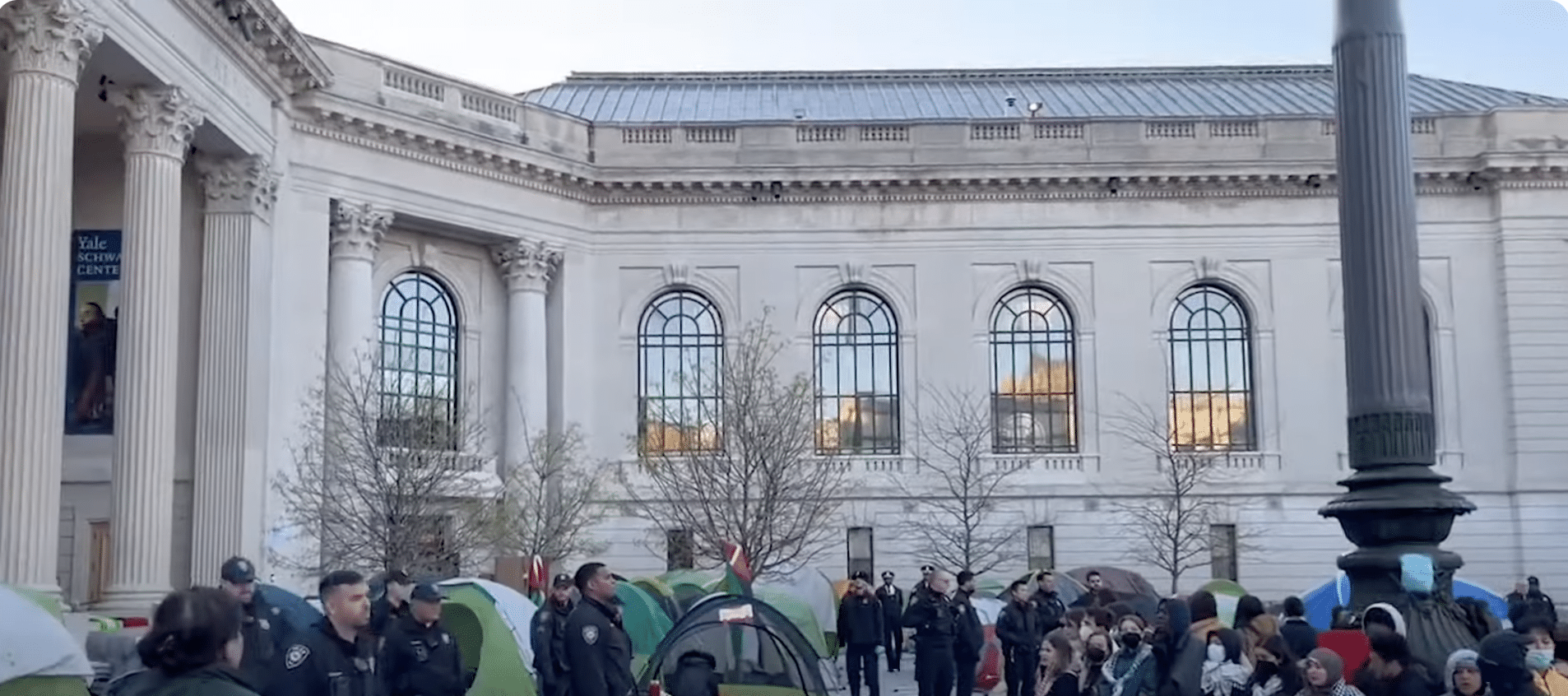(ETH) – The Wisconsin-based Freedom From Religion Foundation (FFRF) has just sent a letter to U.S. Senator Bill Cassidy requesting that he stop posting Scripture to his social media accounts each week, asserting that doing so violates the Establishment Clause of the First Amendment.
“We write to request that you refrain from posting messages that proselytize or endorse religion on your official government social media accounts,” the letter, sent on Aug. 14, reads. “When a government official uses his elected office, including governmental platforms such as an official Facebook page, to promote his personal religious beliefs, he violates the spirit of the First Amendment of the U.S. Constitution.”
According to the report from the Christian New Network, Cassidy (R-La.) shares Bible verses to his congressional account every Sunday, including this past weekend when he shared John 14:27, in which Jesus said, “Peace I leave with you; My peace I give you. I do not give to you as the world gives. Do not let your hearts be troubled and do not be afraid.”
The letter went on to state “The Supreme Court has long held that the Establishment Clause ‘mandates government neutrality between religion and religion, and between religion and nonreligion.’ Your office violates this constitutional mandate when it proselytizes the Christian faith to all constituents, such as directing them to ‘Trust in the Lord,’” the letter states, referring to his post from July 26, when he shared Proverbs 3:5-6.
According to FFRF a “concerned Louisiana resident” contacted the organization to inform the atheist-led, self-described Church-State separation group of the Senator’s posting of scripture. Cassidy is a Christian and reportedly attends The Chapel on the Campus, a nondenominational church that meets on the campus of Louisiana State University.
The organization also claims that Cassidy alienates his constituents who are not Christian and treats them as “political outsiders in their own community.” “By couching your sentiments in exclusively religious terms, and by quoting exclusively from one religion’s holy book, you unnecessarily exclude a significant portion of the community,” it reads. “Regardless of your intent, this social media post sends the message to your minority religious and nonreligious constituents that their participation in the political process is less valued than that of their Christian counterparts.”

















